Britain & Ireland 1901-present
War and conflict, technology, illness and medicine and the battle for civil and national rights have all been key elements of the 20th century through to today, thus, all of those themes and many more are explored in this section. Underpinning many of these articles and included here are articles exploring pedagogical issues, managing knowledge and transferring knowledge. Read more
Sort by:
Date (Newest first) | Title A-Z
Show:
All |
Articles |
Podcasts |
Multipage Articles
-

The National Insurance Act 1911: three perspectives, one policy
ArticleClick to view -
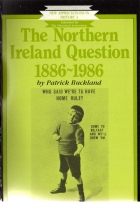
The Northern Ireland Question 1886-1986
ArticleClick to view -
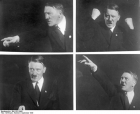
The Origins of the Second Great War
ArticleClick to view -

The People's Pension
ArticleClick to view -
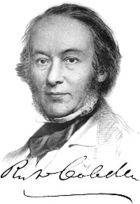
The Reformed Electoral System in Great Britain, 1832-1914
ArticleClick to view -
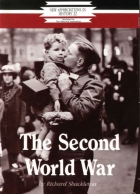
The Second World War
ArticleClick to view -

The great Liberal landslide: the 1906 General Election in perspective
ArticleClick to view -

Triumphs Show 144: Active learning to engage ‘challenging students'
ArticleClick to view -

Triumphs Show 155: beyond trivial judgements of 'bias'
ArticleClick to view -

Triumphs Show 193: Year 8 imagine the First World War trenches
ArticleClick to view -
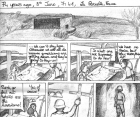
Triumphs Show: ‘The Strands of Memory’
ArticleClick to view -

Unpacking the suitcase and finding history: doing justice to the teaching of diverse histories in the classroom
ArticleClick to view -

Using Lesson Study to make microimprovements in teaching Year 8 how to use sources
ArticleClick to view -
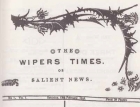
Using The Wipers Times to build an enquiry on the First World War
ArticleClick to view -
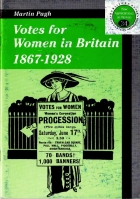
Votes for Women in Britain 1867-1928
ArticleClick to view -

WWI and the flu pandemic
ArticleClick to view -
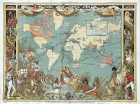
What Have Historians Been Arguing About... the impact of the British Empire on Britain?
ArticleClick to view -

What Have Historians Been Arguing About... youth culture?
ArticleClick to view -

Why does anyone do anything? Attempts to improve agentive explanations with Year 12
ArticleClick to view -
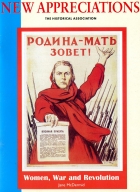
Women, War and Revolution
ArticleClick to view

